We can all admit that kids can be quite annoying sometimes. Whiny kindergarteners not wanting to leave their moms, bratty 5-year-olds screaming in the middle of Target over a Lego set, and unfortunately, the dreaded iPad kids watching their brain-frying videos at full volume. While these children may seem bad, none of it seems to compare to a newer, bigger issue: the pre-teens at Sephora.
You may have recently seen people posting about the awful children who are invading the aisles at Sephora all over social media. Some stories about these 9 to 12-year-old girls have even hit popular news channels across America. You may be thinking, what could possibly be so bad about them?
Pre-teens now have been obsessed with makeup and skincare. You may have seen young girls who are about 10 years old making “Get Ready With Me” videos on TikTok, YouTube, or Instagram Reels; showing off their expensive Drunk Elephant moisturizers and Glow Recipe toners.
Carly’s Perspective:
You probably know (and don’t like) the Sephora ten-year-olds. Maybe you even have a younger sibling or cousin who would fall into this category. Watching these children spend hundreds of dollars on overhyped skincare products and film TikTok GRWMs may leave one asking the age-old question: are kids too grown up?
Let me just start with a different question: what is childhood? Is it something to be preserved and can it be taken? Does society force children to grow up or do children decide to grow up?
Before the seventeenth century, the idea of childhood (in the Western world) was practically nonexistent. Psychology Today reports that children were seen as small adults who were responsible for their actions.
In the seventeenth century, scientists began to observe children’s empathetic nature and realized that children naturally need more guidance and care. Due to the breakdown of feudalism and the Renaissance, individualism and the concept of the family unit emerged.
Capitalism also changed the economic structure of the world. This in tandem with workers’ rights advocacy led to the end of child labor by the early 20th century in much of the Western world, especially the United States.
A huge component of childhood became marketing. With childhood being its own demographic, suddenly there was a more clear-cut market for toys, candy, and new styles of clothing made for children. Many act like childhood staples like playgrounds and dolls reflect the natural inclination of children but these items are tools designed to profit and teach children.
So our concept of childhood is represented by objects. “Stuff” can indicate one’s identity in our modern society. These products that these children want mean something, and I believe children are trading their childhood for social benefits.
The rush to grow up is caused by (at least from my perspective) access. Humans, even adults, want what they can’t have. When one child has access to something they wouldn’t normally be allowed, whether it’s an extra dessert or expensive makeup, they feel a sense of satisfaction. This can cause a chain reaction: another child is going to want what the first child has because it’s special. With social media, this effect is amplified still.
I feel childhood is underrated. The capitalist “freedoms” of adulthood are praised because these freedoms are earned through work and society needs younger people to feed into the economy through their labor (via part-time jobs) or by spending their family’s disposable income. Children are not working and therefore produce no value for the capitalist machine. So pleasures that are common in childhood (like spending time in nature and playing pretend) aren’t valued.
If children see adult traits as more valuable, they’re going to try and conform to this status quo before they are ready. This is why, if you want children to be children, they need more time with family, less responsibility, less stress, and less social media use.
Children need to be able to express themselves in healthy ways and be appreciated. Childhood is such a short time when kids are constantly learning and growing. So the next time you hear the tale of the Sephora ten-year-old, consider the product identities pushed onto humans since birth. Consider the society that pushes children to grow up too fast. Consider what those children lost out on and remember that they didn’t get the same experiences that we did.
The Sephora ten-year-old is less of a nuisance and more of a sad symptom of our societal deficiencies and lack of resources for youth. Be nice to these kids, they’re only ten after all.
Noelle’s Perspective:
While these girls may seem like they can’t hurt anyone, they’re actually quite the bunch! They treat the employees at Sephora horribly. They demand things, swear at them, and even go as far as threatening them when they don’t get their way.
They’re also awful to other customers as well. They shove people out of the way to get their hands on the new Drunk Elephant serums and scream at other shoppers when they grab the last Sol de Janeiro body mist. I personally have seen this happen before, with two young girls pushing a woman out of the way to grab their Rare Beauty blushes.
However, their rudeness and awful behaviors are not the only things people have started to worry about the Sephora kids. They are noticing that the products they are causing havoc for are damaging their skin. Many kids have bought retinol creams and serums from Drunk Elephant because of things such as the pretty packaging, and they don’t seem to realize the effect those products have on their skin.
There have been many rumors about Sephora starting to enforce an age restriction, with children having to be over the age of 14 to be allowed into the stores. Many people have said that if you are under the age of 14 you need a parent or guardian’s assistance while in the store, and others have said that they are just banning children under the age of 14 from entering the stores entirely. Some have also said that Sephora employees will be allowed to question their age and will have to see a high school ID or driver’s license to be allowed into the store.
There are many factors and things to blame for the way these children act, whether it’s social media influencing them or their parents not watching them while in stores, however, these kids surely are starting to take over.

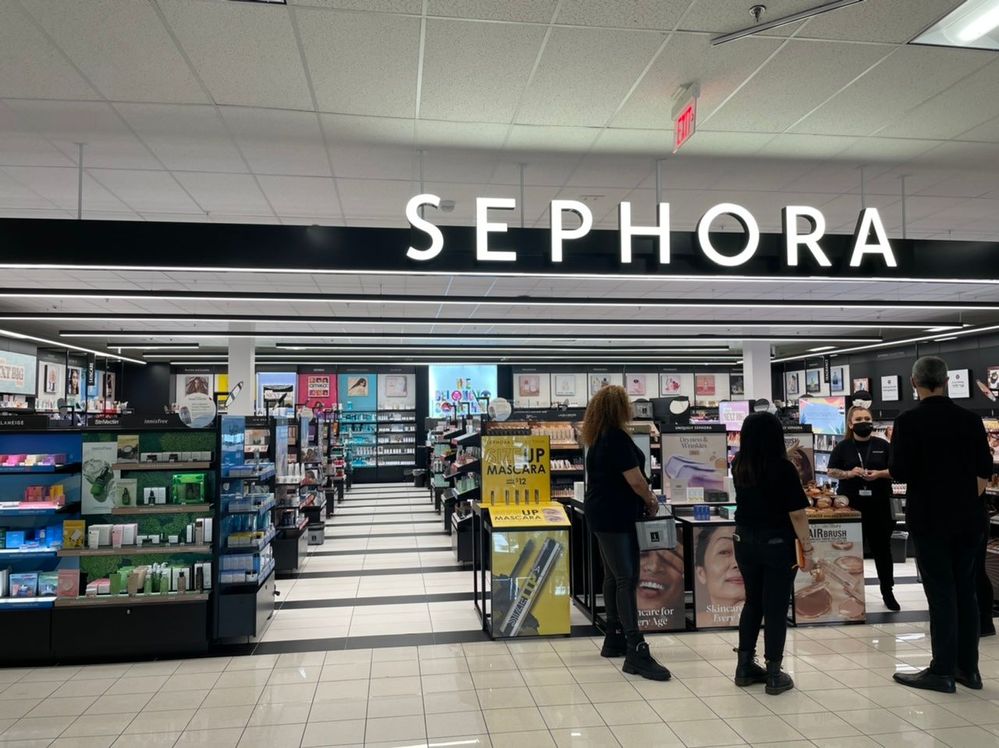

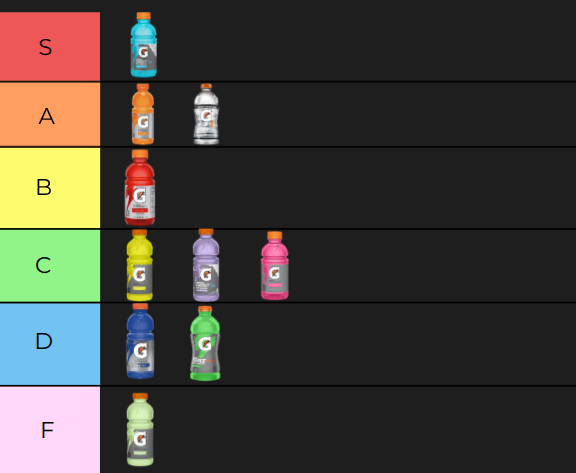

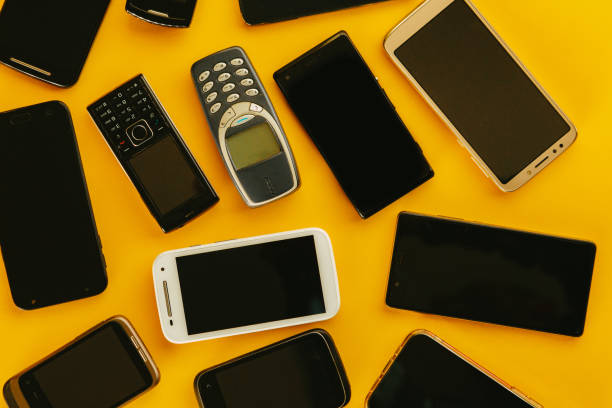
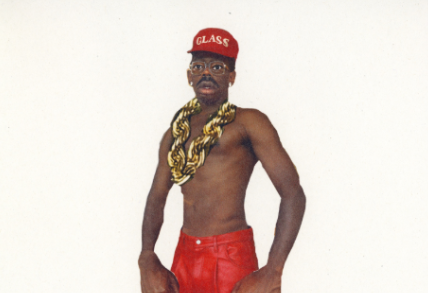

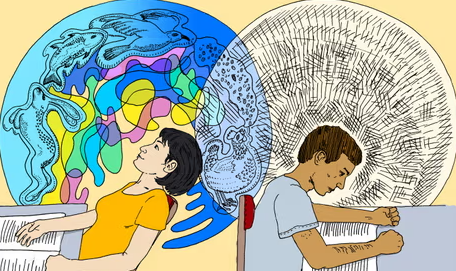













alex • May 9, 2024 at 11:04 am
preach Noelle